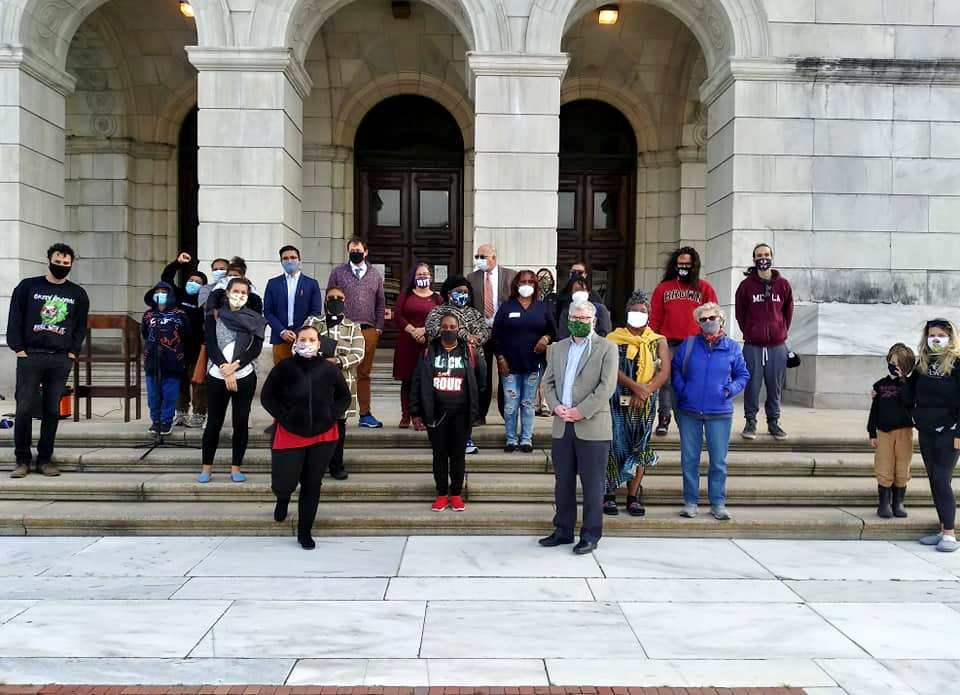Advocacy in the age of COVID-19
On Jan. 5, the Rhode Island General Assembly was due to begin a session unlike any other in the state’s history. In the midst of a global pandemic, and deep divides on the economy, race and climate change, Rhode Island lawmakers will be making crucial budget and policy decisions that will impact the state today and into the future – making it critical that Rhode Islanders continue to make their voices heard.
State Sen. Gayle Goldin said in a recent interview that in the last few years, “... many Rhode Islanders got more involved in political action than we’ve seen in decades. We still need that advocacy and enthusiasm, and I encourage people to stay involved with the organizations working on issues they care about.”
Kristina Contreras Fox, senior policy analyst at the Rhode Island Coalition for the Homeless, noted that while the “Rhode Island General Assembly/municipal governments will be in action … things will stay virtual for a while. That will make it hard to gather, but there are still ways to make our voices heard.”
State leaders across Rhode Island and advocates for various causes shared with Jewish Rhode Island their advice and guidance on advocacy that is effective always – and especially now:
Find out who works for you. Policy change happens across a number of levels and through many different change mechanisms, but the first step is learning who your local, state and federal officials are. Visit vote.sos.ri.gov and type in your address to see a full list of your representatives and their contact information.
Keep talking to your elected officials. While it may be difficult to see elected officials face to face, there are many virtual platforms to keep the lines of communication open. Try Zoom, Google Meet or Facebook Messenger – or make phone calls. Make sure they hear your message consistently and persistently!
There’s power in numbers. Gather together with others who share your goals, or join one of the many robust coalitions and advocacy groups that have been involved in social justice and local policy work for decades. These groups have found safe and powerful ways to continue to work to advance shared goals, including Zoom vigils and car rallies.
Use social media for good. Follow organizations, elected officials and other leaders on social media. Engage with them on issues that are of concern, and thank them when they do something you support. Also use social media to learn about upcoming events and advocacy opportunities.
Track bills virtually. Create an account at http://www.rilin.state.ri.us/billtracker to follow all proposed legislation. You’ll also learn about upcoming hearings here, and can submit testimony virtually or join in support of your top priorities.
Make a commitment. Change is often led by grassroots organizations and leaders; commit money and time to local organizations whose causes you support.
Stay focused. It’s easy to get frustrated with the long and grueling process of legislative change, but resilience is key to achieving your goals. Learn about the local issues you want to advocate for or against, and commit to finding ways to advance your goals incrementally.
The Jewish Alliance of Greater Rhode Island supports the following statewide coalitions and many of their policy issues: the Rhode Island Interfaith Coalition to Reduce Poverty; the Environmental Council of Rhode Island; the Rhode Island Coalition Against Gun Violence; the Immigration Coalition of Rhode Island; and the Rhode Island COVID Response.
STEPHANIE HAGUE (shague@jewishallianceri.org) is the director of Community Relations at the Jewish Alliance of Greater Rhode Island.








